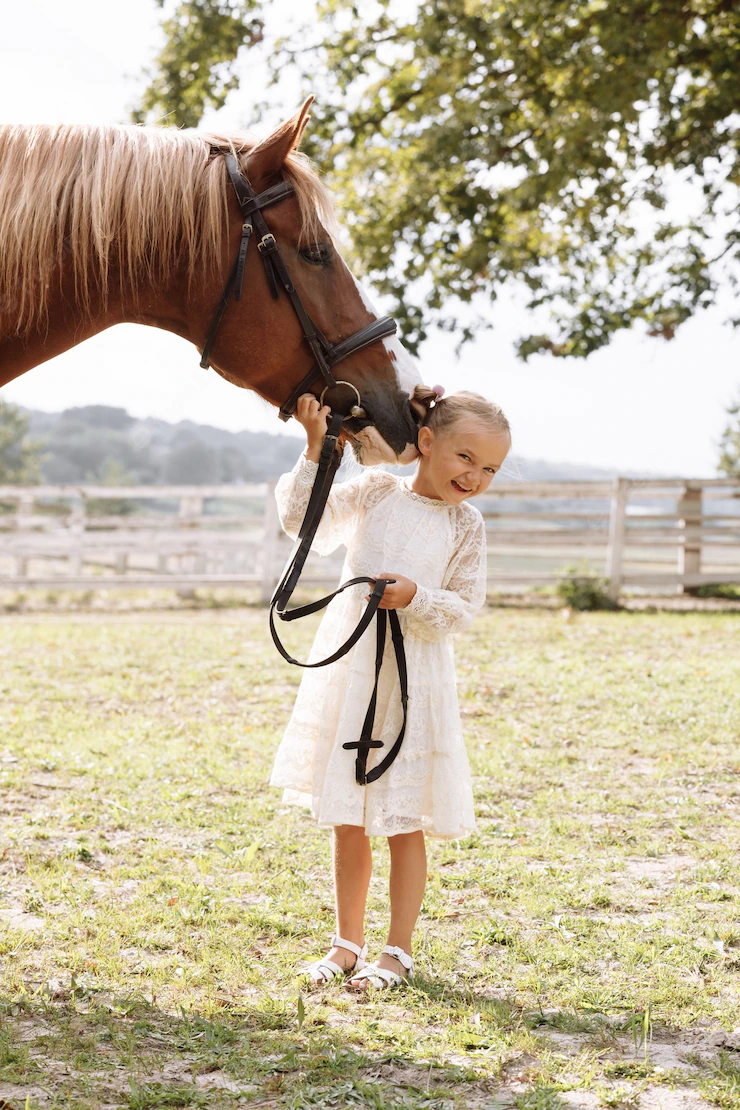This free online event has me thinking!
"... interview with author and Orthodox Christian theologian Dr. Timothy Patitsas to discuss his book The Ethics of Beauty for an evening to rediscover the older Beauty-first response to moral questions, the integrity of the soul, and the best possible human life." January 26th, 8:00EST
Ethics of Beauty When Dealing with Children
 |
| Artist: Joseph Clayton Clark |
‘Girl number twenty, ...Give me your definition of a horse.’
(Sissy Jupe thrown into the greatest alarm by this demand.)
‘Girl number twenty unable to define a horse!’ said Mr. Gradgrind, for the general behoof of all the little pitchers. ‘Girl number twenty possessed of no facts, in reference to one of the commonest of animals! Some boy’s definition of a horse...
‘Bitzer,’ said Thomas Gradgrind. ‘Your definition of a horse.’
‘Quadruped. Graminivorous. Forty teeth, namely twenty-four grinders, four eye-teeth, and twelve incisive. Sheds coat in the spring; in marshy countries, sheds hoofs, too. Hoofs hard, but requiring to be shod with iron. Age known by marks in mouth.’ Thus (and much more) Bitzer.
‘Now girl number twenty,’ said Mr. Gradgrind. ‘You know what a horse is.’
She curtseyed again, and would have blushed deeper, if she could have blushed deeper than she had blushed all this time.
The Ethics of Beauty
If Mr. Gradgrind had even considered the beauty of a horse, or the beauty of the bond between a person and his horse, then he might not have totally alienated poor Sissy. Instead he saw the horse through a lens of science, facts, figures.
It makes me wonder, do I ever see my children or the things they care about through a lens that belittles them?
Thanks be to God for the prayer At the Beginning of the Day by Metropolitan Philaret, which includes these wise words:
"Bless my dealings with all who surround me... Teach me to act firmly and wisely, without embittering and embarrassing others."
 |
| Metropolitan Philaret |
Last October, I was able to attend our Diocesan Assembly and hear Eugenia Constantinou talk about how an Orthodox way of thinking differs from a modern Western way of thinking.
Listening to her speak, I realized that often, much of my thinking does not line up with the Orthodox φρονιμα (way of thinking, way of seeing the world, way of approaching life - one of those hard words to translate). I'm not talking about my thinking about church that doesn't line up. It's my secular thinking: situations that I don't realize that I'm seeing wrongly, in a non-orthodox way.
Thinking Orthodox
First, I want to read this book by Presvytera Eugenia. I'm also considering registering for the free interview with Timothy Patitsas. (Thursday morning or evening? I need to ask the event organizers and I'll update this post when I find out!)





No comments:
Post a Comment